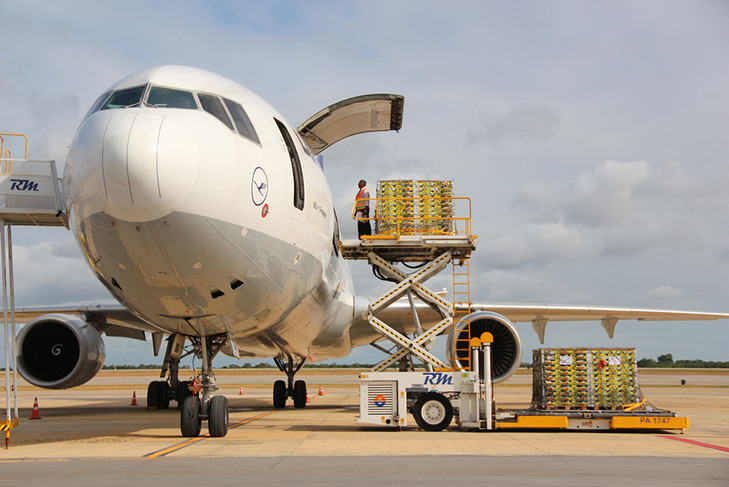


KUALA LUMPUR (March 14): The International Air Transport Association (IATA) expects a healthy 4.5% growth in air cargo demand this year, following a 9% growth in 2017.
Speaking at the World Cargo Symposium in Dallas, IATA global head of cargo Glyn Hughes said there are great opportunities in e-commerce and the movement of time-and-temperature sensitive goods such as pharmaceuticals.
“But we must accelerate the modernisation of processes, enforce regulations for the safe transport of lithium batteries and improve the efficiency of trade facilitation.
“Longer-term, we also need to inspire the next generation of talent. The air cargo industry has agreed to focus on these key areas and we must follow through,” Hughes said.
IATA on its website yesterday highlighted four priorities for the future success of the air cargo industry, namely accelerating the digitisation of the supply chain, enforcing regulations for lithium batteries, more efficient trade facilitation and developing the next generation of air cargo leaders.
It said the industry has been pursuing a digital process transformation known as e-freight for over a decade.
IATA said a key element of e-freight is the market adoption of the e-air waybill (eAWB).
Global penetration has nearly reached 53% and the industry is targeting 68% by year-end on enabled trade lanes.
On improving enforcement of safety regulations for lithium batteries, IATA said safety is the industry’s main priority.
Global standards and regulations are in place to ensure safe transport of dangerous goods, including lithium batteries, it explained.
However, misdeclared or non-compliant dangerous good shipments, especially involving lithium battery consignments, continue, IATA added.
On the importance of attracting, retaining and developing talent, IATA said air cargo is expected to grow at 4.9% over the next five years.
The ability of air cargo reaching its full potential will hinge upon the creation of a professional, skilled and sustainable workforce, it added.
On smarter and more efficient borders, Hughes said it took an average of 1.41 days to clear goods through customs controls in 2017 (with significant regional variation), according to IATA’s Cargo IQ statistics.
“This is too slow for businesses that compete on speed to meet their customer needs. We need to work together with governments to cut the red tape and facilitate faster, cheaper and easier trade,” Hughes said.
Source: The Edge Markets
Photo source: Air Cargo News
